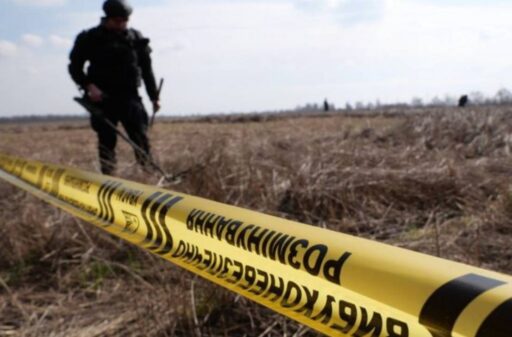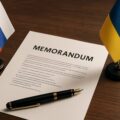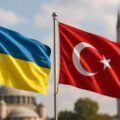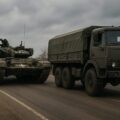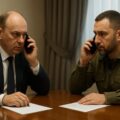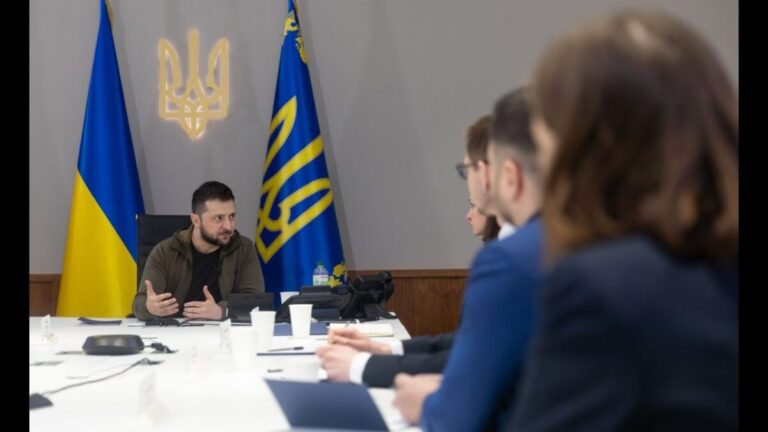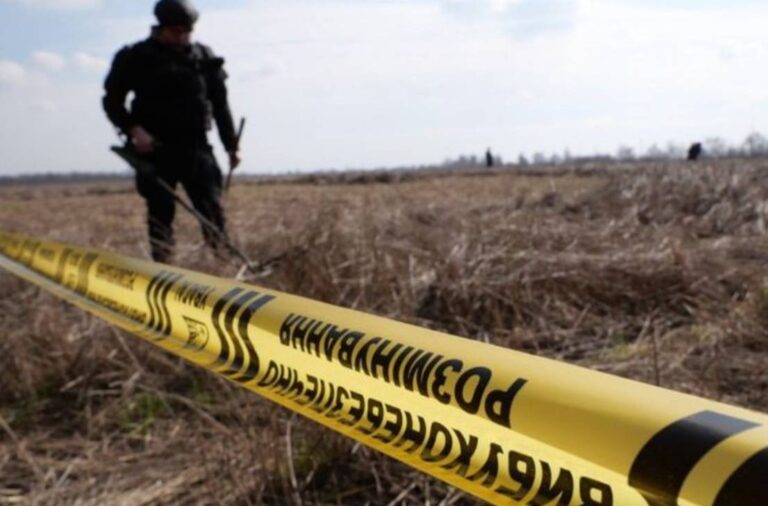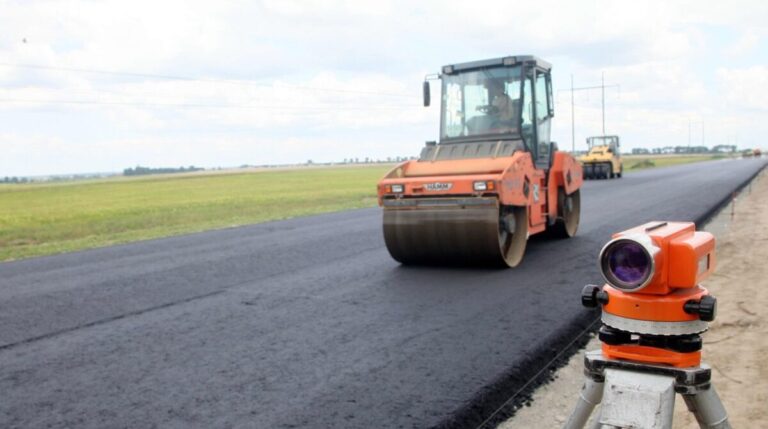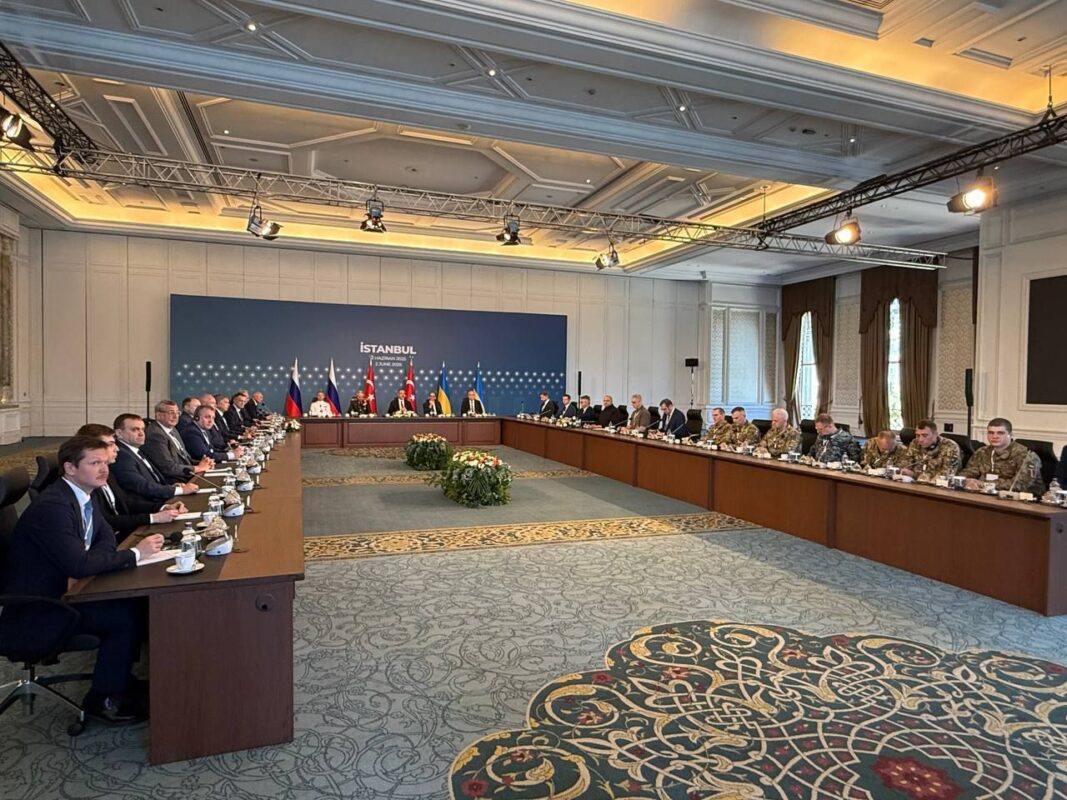
Istanbul Talks Between Ukraine and Russia: What Really Happened
The second round of direct talks between Ukrainian and Russian delegations concluded in Istanbul. The meeting lasted just over an hour. No joint statement. No handshake. No breakthrough. But a few steps were taken worth analyzing not only for their immediate implications, but also for what they reveal about diplomacy in 2025.
At first glance, the talks seemed to lead nowhere. But a closer look reveals something else: every move even a minor one serves as a signal. Not to Ukraine. Not even to Russia. But to external players, particularly the United States.
Prisoner Exchange: A Long-Awaited Step Forward
The only tangible outcome of the negotiations was an agreement on a major prisoner exchange. According to preliminary figures, 1,000 to 1,200 prisoners will be released on each side, prioritizing the wounded, seriously ill, and servicemembers under 25. It will be one of the largest exchanges since Russia’s full-scale invasion began.
There was also an agreement to return the remains of fallen soldiers: 6,000 for 6,000. Russia proposed a short ceasefire of 2–3 days to facilitate this process. But Ukraine remains skeptical, seeing this not as a humanitarian gesture, but as a calculated diplomatic move.
So yes the humanitarian aspect advanced. But is it real progress? That remains debatable.
Peace Proposals: Real Talks or Paper Exercises?
Both delegations exchanged written proposals on potential terms for ending the war. On paper, this seems like a step toward substantive dialogue. In reality, the contents of the two documents are fundamentally opposed.
Ukraine insists on an unconditional ceasefire, the full restoration of its territorial integrity, security guarantees, and accountability for war crimes. Russia, meanwhile, demands Ukrainian neutrality, limits on its armed forces, recognition of its hold on Crimea and Donbas, and a formal renunciation of NATO membership. In short a surrender Ukraine will never accept.
This isn’t compromise. It’s political theatre primarily for international observers, especially in the U.S., where the current administration is openly pursuing “direct dialogue with Putin.”
The Children Taken: A Devalued Humanitarian Issue
One topic focused on Ukrainian children forcibly taken to Russia. Ukraine submitted a list of over 380 names it classifies as deported. Russia’s response followed a familiar pattern: not investigation, but denial and provocation.
Moscow offered to return just ten children. The rest, it claimed, “don’t exist.” Russian negotiator Vladimir Medinsky was quoted saying, “These aren’t children they’re propaganda.” He then dismissed Ukraine’s appeal as “a show for elderly Europeans.”
Even this issue which should have remained apolitical has been absorbed into the Kremlin’s hybrid strategy. The fewer the concessions, the louder Moscow tries to appear on the global stage.
Who Is Acting and Who Is Watching?
Many analysts now argue openly: these talks serve Russia more than Ukraine. Not to end the war but to create the illusion that Moscow seeks peace. Especially in light of President Donald Trump’s repeated claims that he will “personally meet with Putin” and “solve it faster than anyone else.”
In this context, proposals for short ceasefires, document exchanges, and selective returns of children are less about outcomes and more about optics. A show of “constructive Kremlin diplomacy” with no real substance behind it.
Revelant
Ukraine’s Position: Firm, With No Room to Bend
Ukraine’s demands remain clear and consistent:
- An unconditional ceasefire
- No territorial concessions
- Full return of deported citizens
- Humanitarian actions only on reciprocal terms
President Zelenskyy has also proposed a direct meeting with Vladimir Putin. But Russia has so far avoided the invitation and that’s no accident. Under current conditions, such a meeting would only weaken Moscow’s leverage.
What Comes Next?
Formally, the negotiations aren’t over. But they’re suspended in inertia. Between “reviewing proposals” and “checking lists of children,” weeks may pass without real decisions. It’s not progress. It’s process management without purpose.
For Ukraine, it’s one more chapter in a long political standoff, where even the lack of agreement carries weight. The world is watching. And every prisoner released means hope for a family. But peace real peace remains out of reach.
What happened in Istanbul matters. But what didn’t happen matters even more.
As long as talks continue, so does the war. And in this reality, every delay, every evasion, every diplomatic stall has a cost.
That’s why Ukraine can’t afford to pause even when diplomacy starts to look like an empty ritual.


